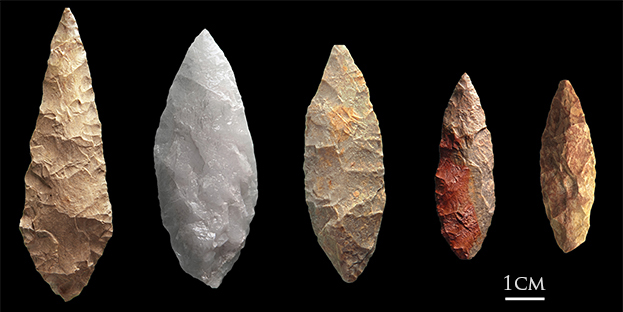o> …but let me ask you this: do you really believe that Homo erectus possessed all of the spiritual capacities that we do - for art, drama, philosophy, religion and language? If he did, then where’s the evidence for it? If he didn’t, then aren’t you in effect making him some s>o rt of inferior being - in other words, sub-human?
First of all, our full capacity for art, drama, philosophy, religion and language was not present 300,000 years ago. Nor was it present, it could be argued until the Egyptians, the early Greeks, and the Chinese had their cultural flowering. I don’t know enough archeology to pin point it precisely as to time and place. But it wasn’t 10,000 years ago. Technology and the arts build on top of one another, often exponentially, unless some disaster wipes out a civilization with a particular skill that no one else knows.
I have thought about the long lag. I don’t think it makes Homo erectus subhuman necessarily. There was a lag in culture foe Neanderthals, and one for modern humans at 300,000 years ago. Things didn’t start to accelerate until 100,000 years ago really. From Blombos cave in S Africa 100,000 years ago:

